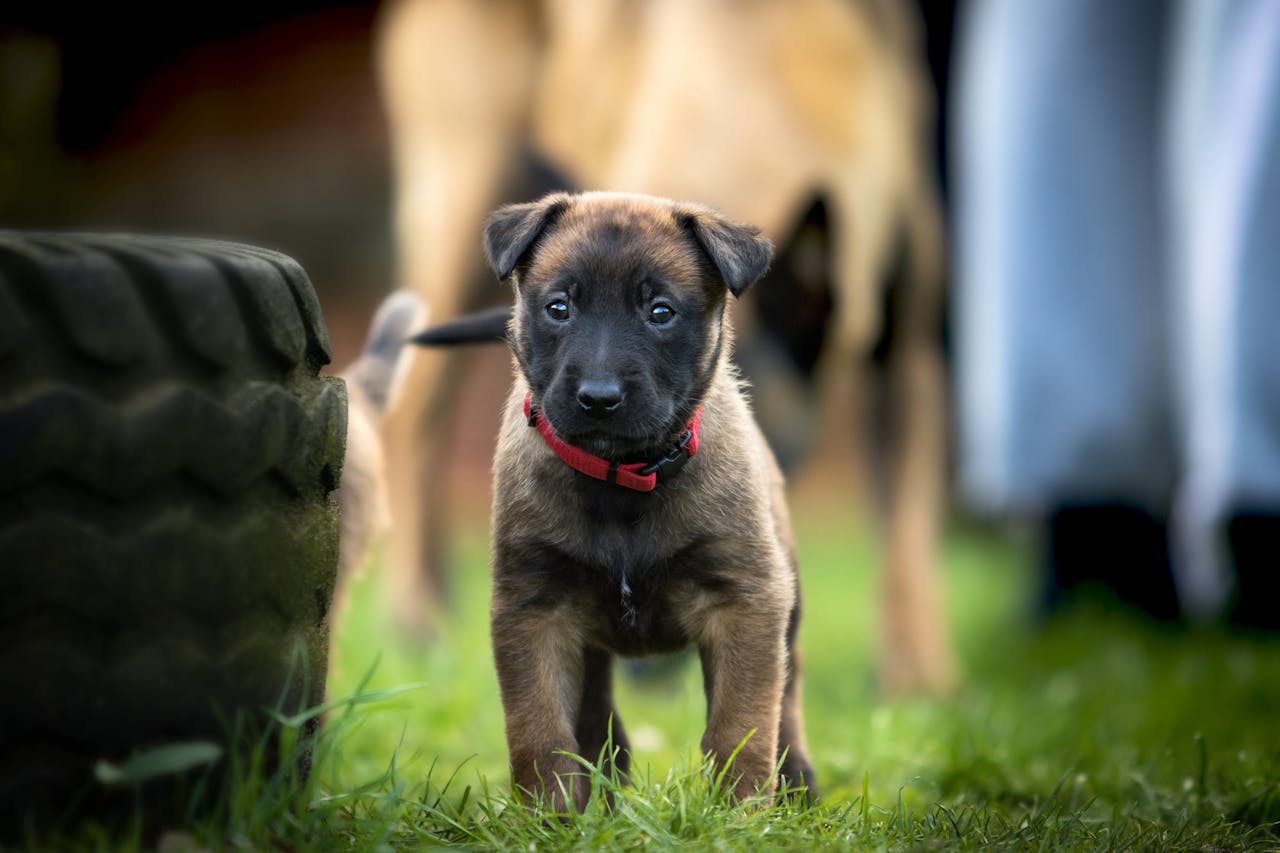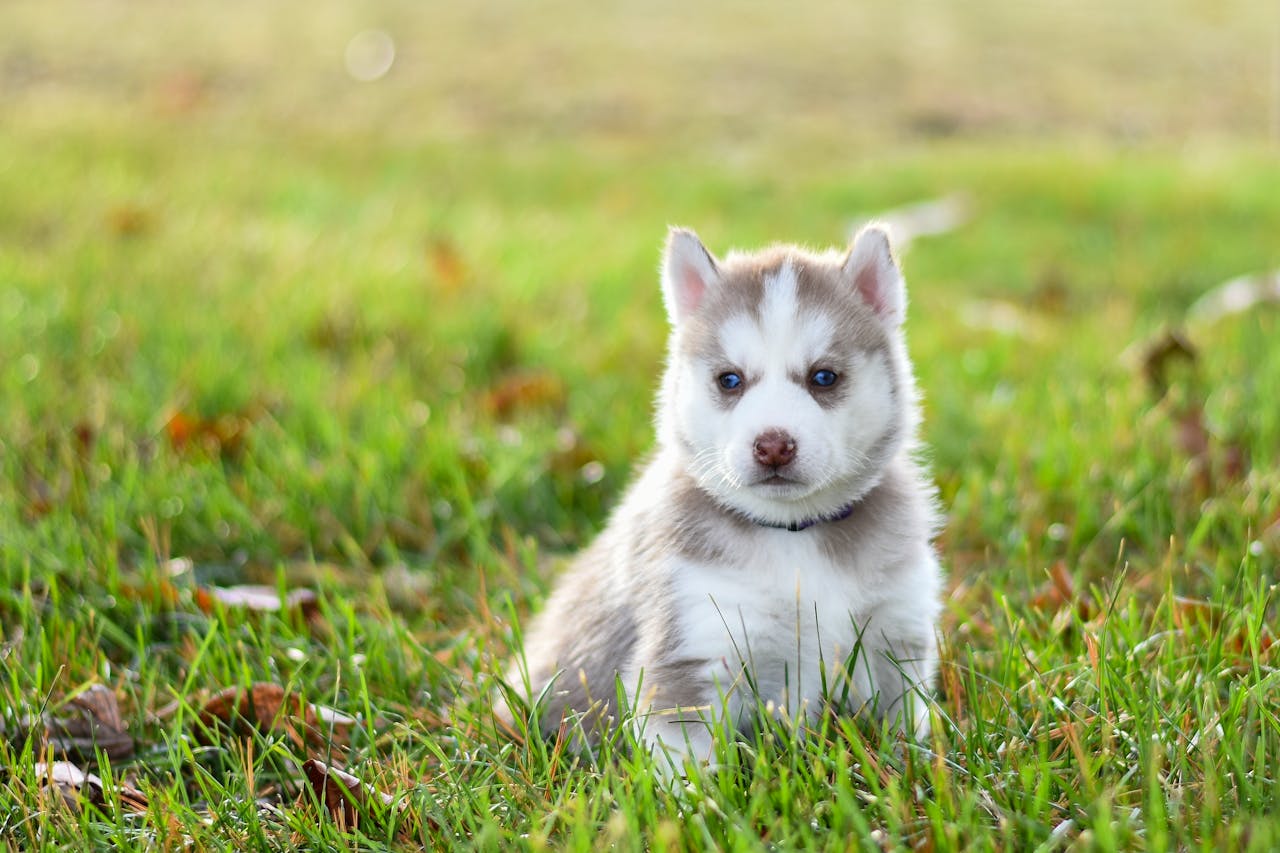How to Socialize Your Puppy
Socializing your puppy is a crucial step in ensuring they grow up to be well-adjusted, confident, and friendly dogs. Proper socialization helps prevent behavioral issues and promotes a healthy relationship with people, other animals, and various environments. Here’s a comprehensive guide on how to effectively socialize your puppy.


Understanding Puppy Socialization
Socialization involves exposing your puppy to a variety of experiences, sights, sounds, people, and other animals in a positive and controlled manner. The critical socialization period for puppies is between 3 to 14 weeks of age, but continued socialization beyond this period is also important.
Steps to Socialize Your Puppy
1. Start Early and Gradually
Begin socialization as soon as you bring your puppy home, ideally between 8 to 12 weeks of age. Gradually introduce new experiences to avoid overwhelming your puppy.
2. Introduce New Environments
Expose your puppy to different environments to help them become comfortable in various settings:
- Car Rides: Take short car rides to get your puppy used to traveling.
- Public Places: Visit parks, pet-friendly stores, and outdoor cafes.
- Different Surfaces: Let your puppy walk on grass, concrete, gravel, and other surfaces.
3. Meet Different People
Introduce your puppy to a variety of people to help them become comfortable with strangers:
- Age and Gender Variety: Introduce your puppy to men, women, children, and elderly individuals.
- Different Appearances: Expose them to people with different appearances, such as those wearing hats, sunglasses, or uniforms.
- Positive Interactions: Encourage people to offer treats and gentle petting to create positive associations.
4. Socialize with Other Animals
Allow your puppy to interact with other animals in a controlled and safe environment:
- Puppy Playdates: Arrange playdates with vaccinated and well-behaved puppies.
- Dog Parks: Visit dog parks to let your puppy observe and interact with other dogs, ensuring they are supervised and safe.
- Other Pets: Introduce your puppy to other household pets gradually, allowing them to get used to each other's presence.
5. Expose to Various Sounds and Objects
Help your puppy get accustomed to different sounds and objects they will encounter in daily life:
- Household Noises: Introduce sounds like vacuum cleaners, doorbells, and kitchen appliances.
- Outdoor Sounds: Expose them to traffic noises, sirens, and construction sounds.
- Unfamiliar Objects: Allow your puppy to explore objects like umbrellas, bicycles, and strollers.
6. Positive Reinforcement
Use positive reinforcement to create a positive association with new experiences:
- Treats and Praise: Reward your puppy with treats, praise, and affection during and after positive interactions.
- Calm and Confident: Remain calm and confident to help your puppy feel secure.
7. Enroll in Puppy Classes
Puppy training and socialization classes provide a structured environment for socialization:
- Basic Training: Learn basic commands and obedience while socializing with other puppies.
- Professional Guidance: Receive guidance from professional trainers on effective socialization techniques.
Tips for Successful Socialization
1. Be Patient and Consistent
Socialization is a gradual process that requires patience and consistency. Repeat positive experiences regularly to reinforce your puppy's confidence.
2. Watch for Signs of Stress
Pay attention to your puppy’s body language and watch for signs of stress or fear, such as trembling, cowering, or excessive panting. If your puppy seems overwhelmed, remove them from the situation and try again later.
3. Create Positive Experiences
Ensure that each new experience is positive and enjoyable for your puppy. Avoid forcing them into situations that make them uncomfortable.
4. Maintain Health and Safety
Ensure your puppy is up-to-date on vaccinations before exposing them to public places and other animals. Always supervise interactions to ensure safety.


Proper socialization is key to raising a well-rounded and confident dog. By gradually exposing your puppy to a variety of experiences, people, animals, and environments, and using positive reinforcement, you can help them develop into a friendly and adaptable adult dog. Start early, be patient, and enjoy the process of watching your puppy grow and explore the world with confidence.












